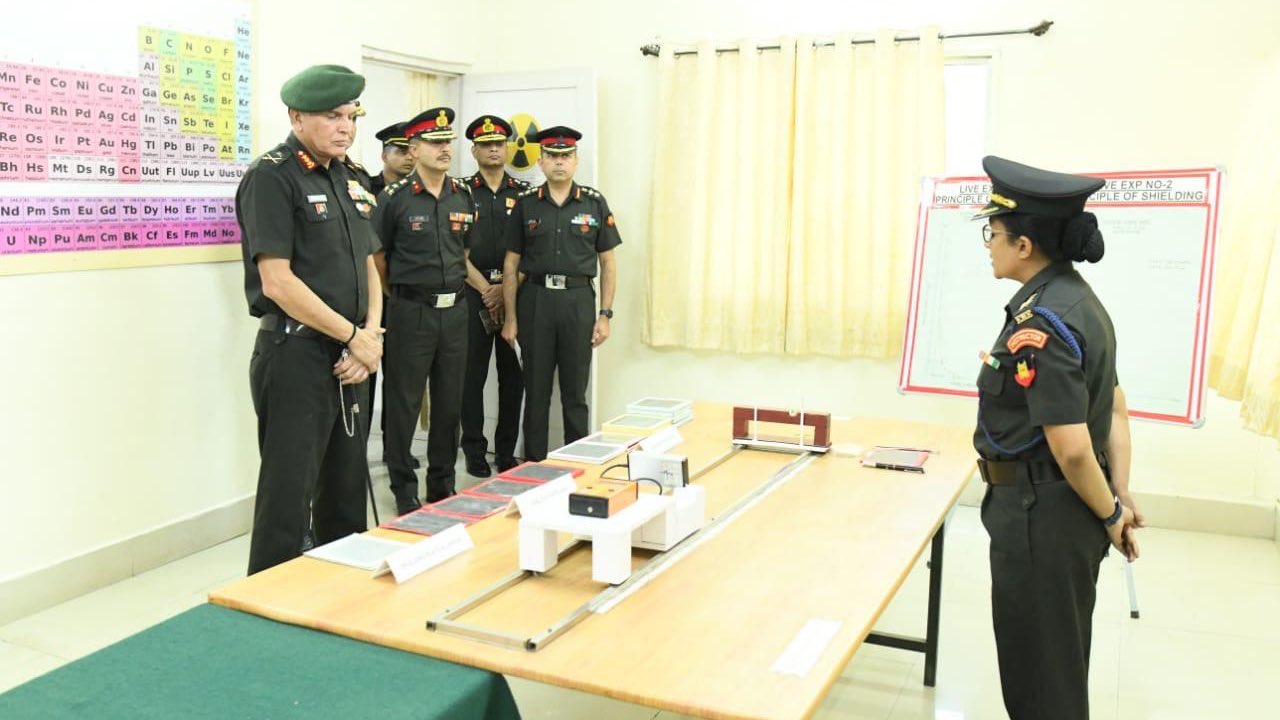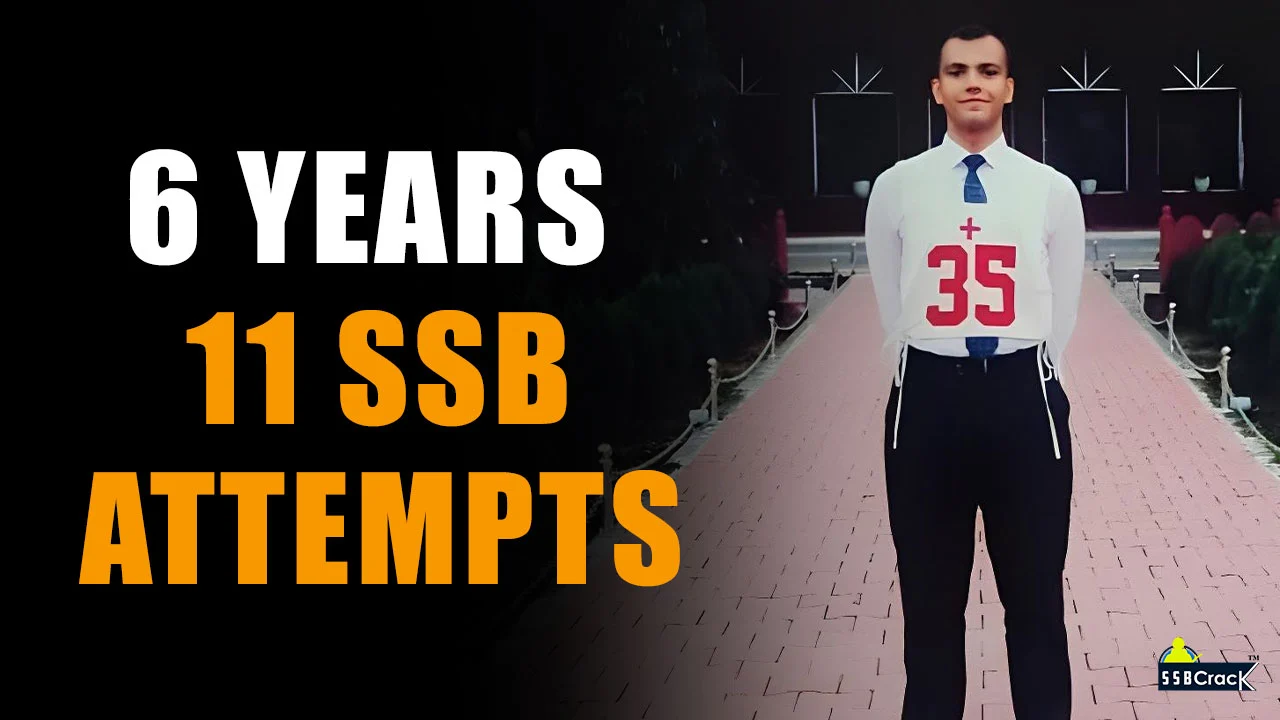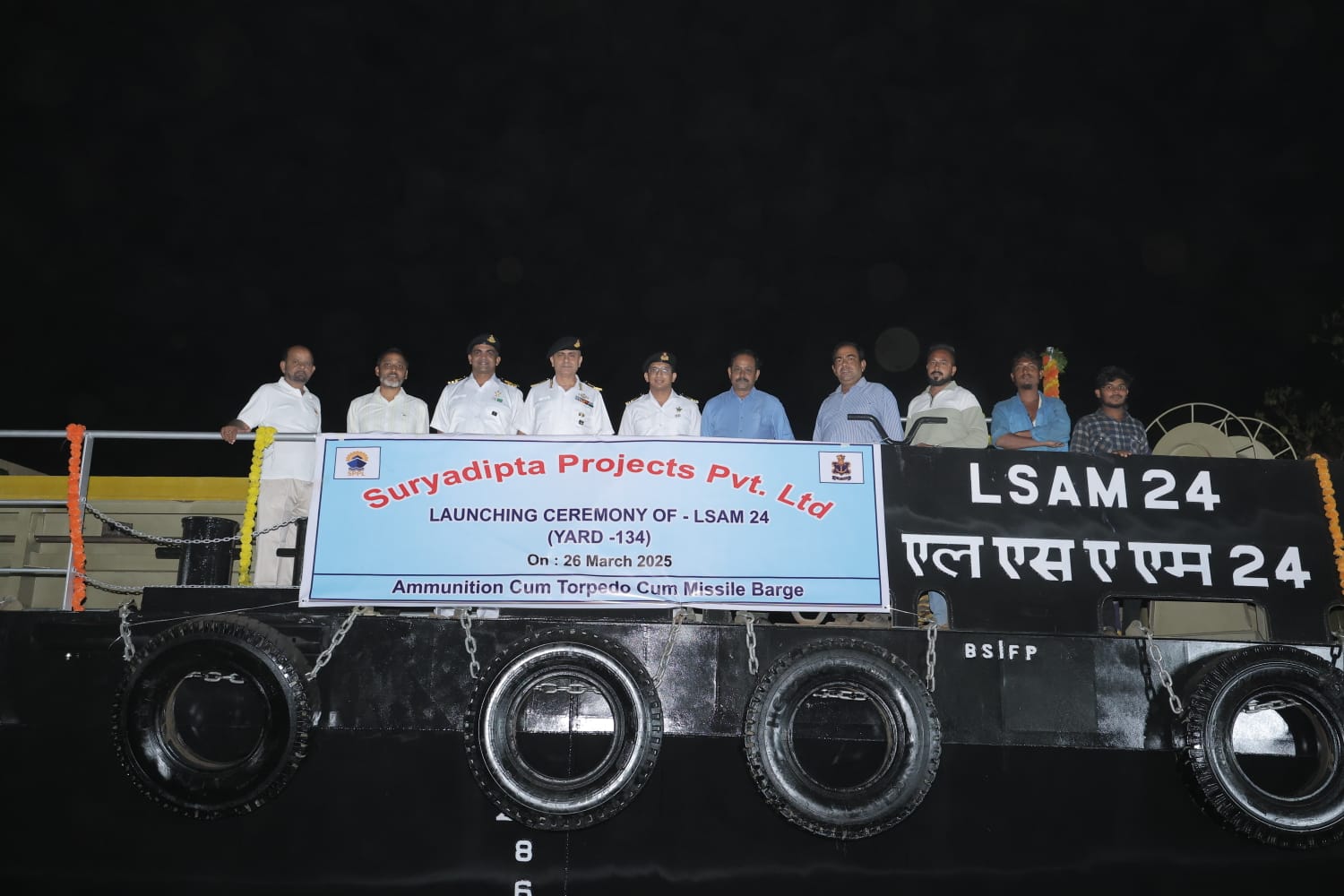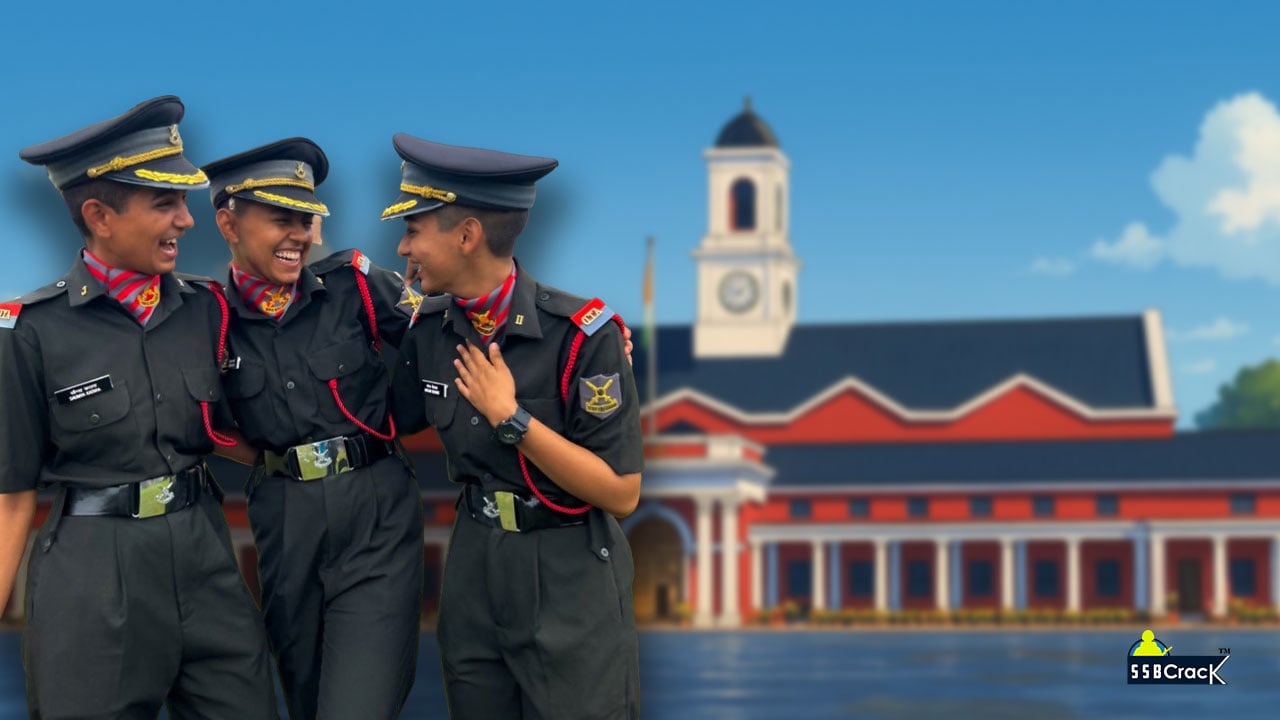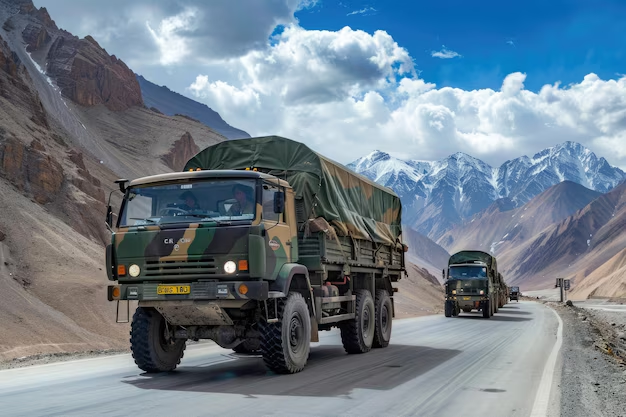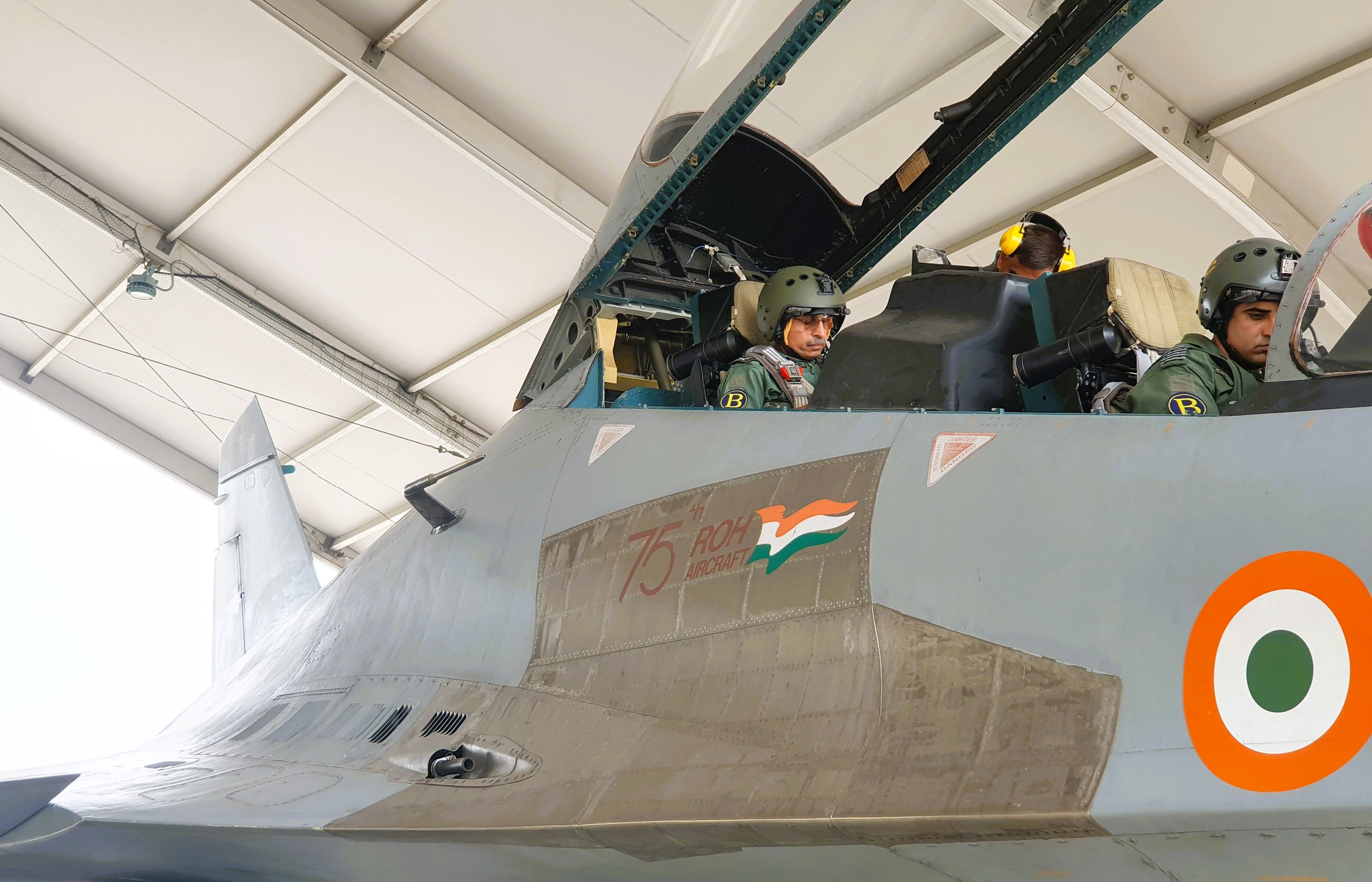Lt Gen Dhiraj Seth Conducts Annual Administrative Inspection of CME, Pune
Pune, March 2025: Lieutenant General Dhiraj Seth, General Officer Commanding-in-Chief, Southern Command, conducted the Annual Administrative Inspection of the College…
6 Years, 11 SSB Interview Attempts, Finally Made It!
Hello Aspirants,‘गिरते हैं शहसवार ही मैदान-ए-जंग में,वो तिफ्ल क्या गिरे जो घुटनों के बल चले।’ Today, I am going to…
Launch of Tenth Ammunition Cum Torpedo Cum Missile (ACTCM) Barge, LSAM 24 (Yard 134)
The launching ceremony of the 10th Ammunition Cum Torpedo Cum Missile (ACTCM) Barge, LSAM 24 (Yard 134), was held on…
Indian Military Academy to Induct First Batch of Women Officer Cadets in Historic Move
In a landmark step towards gender inclusivity in the armed forces, the Indian Military Academy (IMA), Dehradun, will induct its…
Indian Army Raising 72 Infantry Division to Strengthen Defence in Eastern Ladakh
In a significant development aimed at enhancing India’s defence posture along the Line of Actual Control (LAC) in Eastern Ladakh,…
Lieutenant General RC Tiwari and Air Marshal Surat Singh Undertook a Sortie in Su-30 MKI fighter Aircraft
In a powerful display of jointness and integration, Lieutenant General RC Tiwari, Army Commander, Eastern Command (EC), and Air Marshal…

